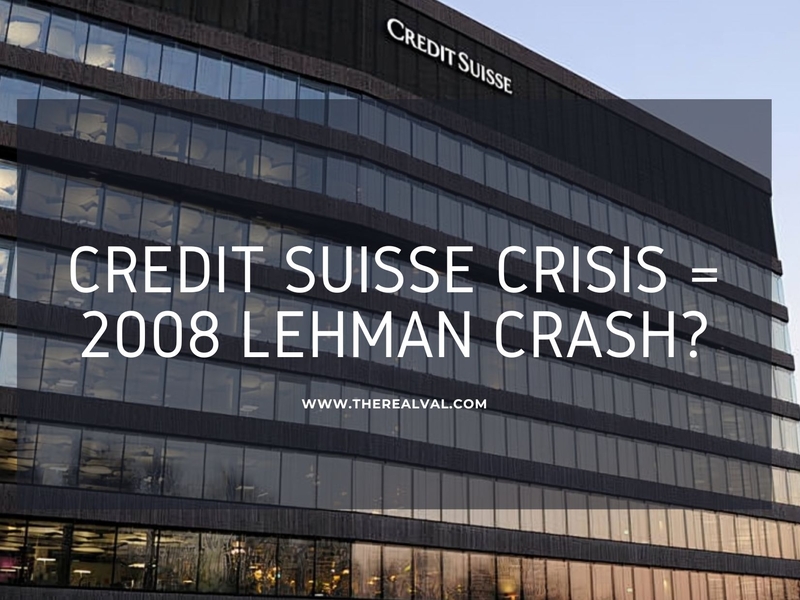U.S. commercial real estate has been infamous for being slow and complicated. According to a 2024 Deloitte study, more than 70% of real estate transactions in the U.S. still require multiple physical signatures. Deals often involve a long list of players such as buyers, brokers, inspectors, and lenders, thus making the process messy and resistant to quick tech solutions (CenterCheck).
At the same time, the CRE market is under financial stress. Nearly $2 trillion in U.S. commercial property debt is set to mature by 2026, creating big challenges for lenders and refinancing options (Financial Times). While this debt issue isn’t directly linked to Gen Z, it adds to the overall slowdown in deal-making.
The Role of Gen-Z’s in it All!
Enter Gen-Z which is a generation raised on Wi-Fi, flexibility, and purpose. Surely their influence could hardly elude real estate either! They are bringing speed, tech, and fresh values to commercial real estate, forcing landlords and investors to rethink their playbooks.
- Flexibility first: Long-term leases are losing ground. Gen Z tenants want short-term contracts, modular spaces, and the freedom to scale or shift quickly. Coworking studios, hybrid retail setups, and rolling rentals are especially attractive.
- Tech as a baseline: For Gen Z, technology isn’t a bonus, but a must-have. High-speed internet is the foundation, while smart locks, air-quality sensors, tenant portals, and automated check-ins are now expected, not optional.
- Purpose-driven spaces: Real estate has to be more than functional. Gen Z prioritizes sustainability, ethics, and community. They’re drawn to environmentally conscious and socially engaged.
- Adaptive investors: Gen Z also brings a flexible approach to CRE investment. A recent study shows 69% of Gen Z investors have already adjusted their strategies in response to market uncertainty, showing how fast they adapt to change.
(Arizona Commercial Real Estate, Bill Gladstone Group, Globest)
Why the slow pace clashes with the Gen-Z?
- Legacy processes: Transactions still rely on multiple physical signatures, siloed stakeholders, and multi-step approvals, creating costly bottlenecks and long timelines.
- Debt overhang: Nearly $2 trillion in U.S. commercial property loans are set to mature by 2026, which pressures lenders, limits liquidity, and slows deal activity.
- Traditional asset structures: Long-term leases and rigid property layouts clash with Gen Z’s demand for flexible, short-term, and adaptable spaces.
Where Gen-Z Could Kickstart Faster Deal Velocity?
PropTech & digital transformation
- AI-driven predictive analytics streamline underwriting, marketing, and forecasting.
- AR/VR and virtual tours let prospects explore spaces remotely, cutting down evaluation timelines.
- Democratized investing platforms, often powered by AI assistants, allow even fractional investors to transact quickly and confidently.
- Blockchain and tokenization provide secure, low-friction, fractional ownership pathways that increase liquidity and accelerate transactions.
Flexible leasing & adaptable assets
- Shorter-term contracts and modular space designs reduce commitment barriers.
- Coworking models, pop-up retail, and hybrid studio spaces allow quicker tenant onboarding and faster revenue generation.
Agile financing
- Alternative lenders, private funds, and flexible debt structures enable faster approvals than traditional bank financing.
- Streamlined digital closing processes cut deal cycles significantly.
- Gen Z investors show willingness to experiment with new financing models, further reducing delays.
Does It Matter?
U.S. commercial real estate has long been slow and rigid, but Gen Z isn’t waiting around. Their agile, digital-first mindset is pushing the industry to adapt, and that friction may be exactly what sparks the next wave of innovation:
- Tech adoption speeds up transactions. Smarter tools, automation, and remote engagement can finally cut through CRE’s paperwork-heavy processes.
- Flexible leases fit modern use. Pop-up retail, hybrid offices, and remote-first businesses thrive on short-term, adaptable contracts.
- New financing models emerge. Gen Z investors lean toward alternative capital sources, reducing dependency on traditional bank debt.
Value alignment drives demand. Meeting Gen Z’s priorities of tech, flexibility, and sustainability does more than fill space. It accelerates deal flow.
Yes, CRE still feels too slow for Gen Z. But that very gap is forcing change. As digital natives with flexible mindsets and value-driven goals, Gen Z is more than just a new tenant or investor; they’re the catalyst for a faster, smarter, and more agile future in commercial real estate.
Are you wondering how to align with the next generation of investors? Let’s connect! Our expert team provides data-driven underwriting and market insights to help you move at the speed Gen Z demands.
We can be reached at- info@therealval.com
Trending





